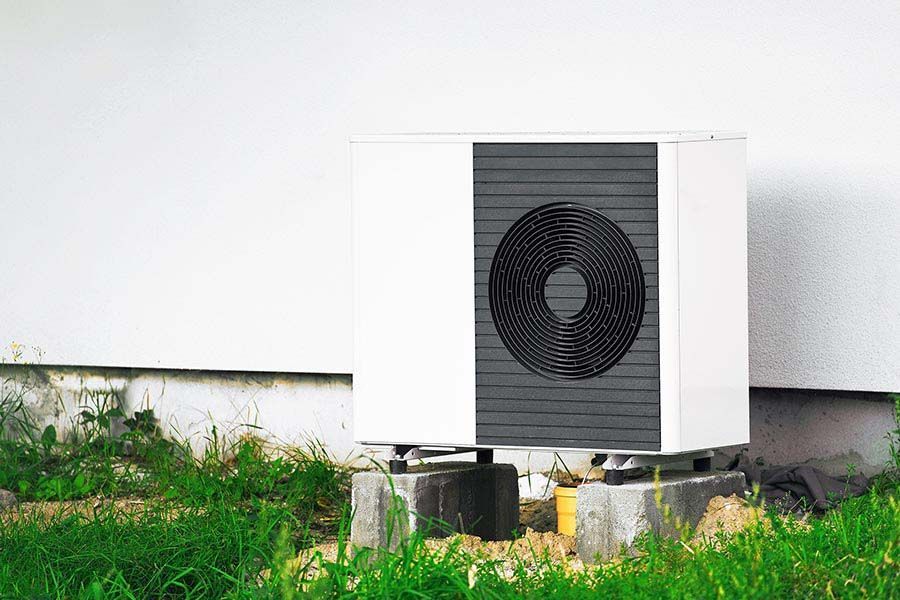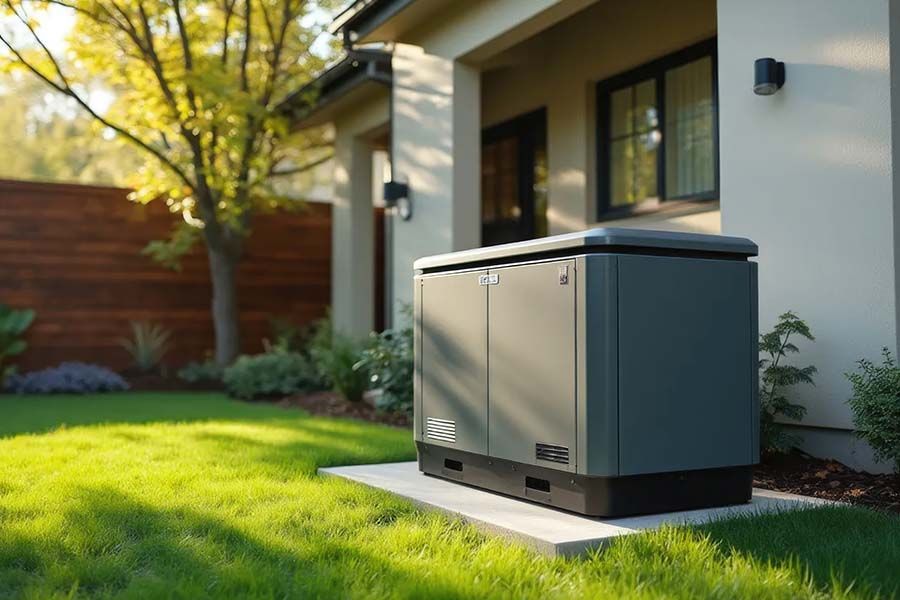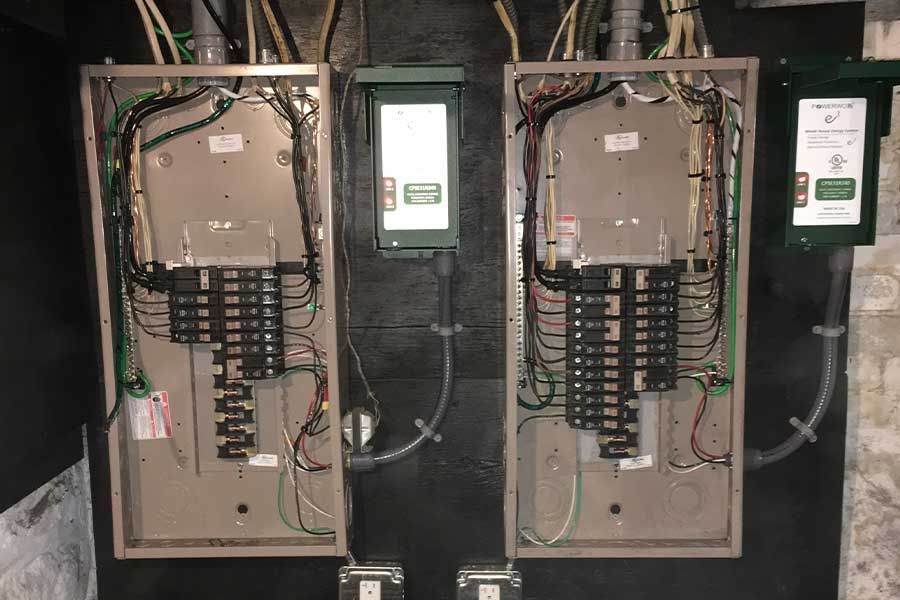Signs and Symptoms of Boiler Gas Leaks in Your Home — Port Washington, WI
If you suspect that you have a gas leak in your home, do not ignore it. According to the National Fire Protection Association (NFPA), gas leaks cause about 4,200 home fires and 40 deaths each year.
Read on to learn from the pros at Professional Services in Port Washington, WI, about common boiler gas leak signs and what you can do to prevent or handle a gas leak emergency.
Boiler Gas Leak Signs and Symptoms
Warning signs that indicate a boiler gas leak include:
- Rotten Egg or Sulfur Odor: Natural gas is scentless and colorless. To prevent accidents, gas companies add agents that give it a sulfur smell. That way, when you have a gas leak, you can smell it and take appropriate action.
- Hissing Sounds Around the Boiler: If you hear hissing sounds around your boiler, the gas pipe feeding the unit may have sprung a leak. The hissing sound comes from pressurized gas escaping from a small gap in the gas line.
- Rising Gas Bills: If your boiler usage hasn’t increased and your gas bills keep rising, it might be due to a gas leak. Your gas company can’t tell the difference between used gas and wasted gas. As such, if you have a gas leak, your gas supplier will assume that one of your appliances consumed the wasted gas and bill you for it.
- Bubbles in Your Yard: If there’s a water puddle over a buried, leaking gas line, the standing water will bubble.
- Dying Plants: If the plants around your boiler or near the gas line start dying, it could be due to a gas leak. Leaking natural gas displaces soil oxygen and prevents plants from getting the nutrients needed to survive.
- Yellow Pilot Flame: Your boiler’s pilot flame should be blue. If it’s yellow or orange, it could mean that the unit isn’t receiving enough gas, and the low gas flow could be due to a leak. The issue could also cause the pilot light to blow out repeatedly.
- Sickness and Fatigue: A severe gas leak will reduce oxygen levels within your home, leading to you and other residents feeling lightheaded or headachy. Some people also experience nausea. If you notice any of these symptoms, evacuate your home and call for an ambulance once you are outside.
- Irritated Skin: Some people experience skin irritation when there’s a lot of natural gas in the air. The skin irritation typically manifests as blisters, numbness, and skin discoloration.
- Condensation on Windows: Leaking carbon monoxide can be as dangerous as natural gas leaks. According to the CDC, at least 430 U.S. residents die from carbon monoxide (CO) poisoning each year. Your boiler produces CO as it burns natural gas and sends it outdoors through exhaust systems. If your boiler isn’t venting its CO waste outside, it could increase window condensation and poison your indoor air.
It’s easy to overlook the above gas leak signs if you have a lot on your mind. Reduce the risk of missing a boiler gas leak by installing an electronic gas leak detector in your home. The system will notify you immediately if it detects abnormal natural gas levels in your indoor air.
What Causes Boiler Gas Leaks?
A boiler for ductless or central heating can develop a leak for several reasons, including:
- Poor Installation: Improper installation of a boiler or the gas pipes feeding it can cause gas leaks. It can also affect the boiler’s performance and shorten its lifespan. That’s why you should let only experienced professionals handle your boiler installations and repairs.
- Wear and Tear: No boiler can last forever. Eventually, various components, including the boiler’s gas lines, will wear out and spring leaks. When this occurs, the best way to resolve the problem is by replacing the worn-out components.
- Accidents: While working in your yard or boiler room, you may accidentally damage a gas line and trigger a leak.
Keep your boiler running smoothly and prevent gas leaks by following this boiler maintenance checklist. Servicing your boiler at least once a year will also extend its lifespan. Unless you have the necessary experience and tools, do not try to service your boiler yourself. Instead, contact a reputable contractor with proven experience working on boilers like yours.
What to Do If You Notice a Gas Leak
When leaked gas reaches dangerous levels within the enclosed space of your home, it can ignite and explode, causing severe property damage, injury, and possibly death. Due to the extreme danger that a gas leak poses, do not delay fixing the problem.
As soon as you smell gas or notice any other gas leak signs, take these steps:
- Evacuate Your Home: Move your family and pets outside and ensure that they are a safe distance from your property.
- Turn Off Your Gas Supply: Go to your property’s gas service shutoff valve and close it. Doing this will stop more gas from entering your home.
- Avoid Electrical Switches: Even the tiniest spark can ignite a gas leak. For this reason, avoid touching any electrical switches if you smell gas in your home.
- Open Windows: Open your windows to let out the accumulated gas.
- Call a Gas-Safe Engineer: Once outside your home, call a gas-safe engineer to schedule boiler gas leak detection and repair. Calling from outside your home is crucial because cell phones can ignite natural gas.
Unlike other contractors, a gas-safe engineer has formal training on how to work with gas appliances safely. If you call anyone but a gas-safe engineer to handle your boiler gas leak, they may endanger life and property by not taking proper safety precautions.
Contact Professional Services for Gas Leak Repair in Wisconsin
At Professional Services, we have years of experience repairing all sorts of boiler gas leaks. Our experience and specialized tools enable us to detect and diagnose gas leaks quickly and provide lasting solutions.
Would you like to prevent boiler gas leaks? If so, be sure to schedule periodic boiler maintenance by Professional Services. During your boiler maintenance visit, we will inspect the entire system and repair, replace, or tighten worn-out components before they can spring a leak.
Call our Professional Services team today at
(262) 214-5548 to schedule a consultation or gas leak repair in or around Port Washington, WI.
You might also like







